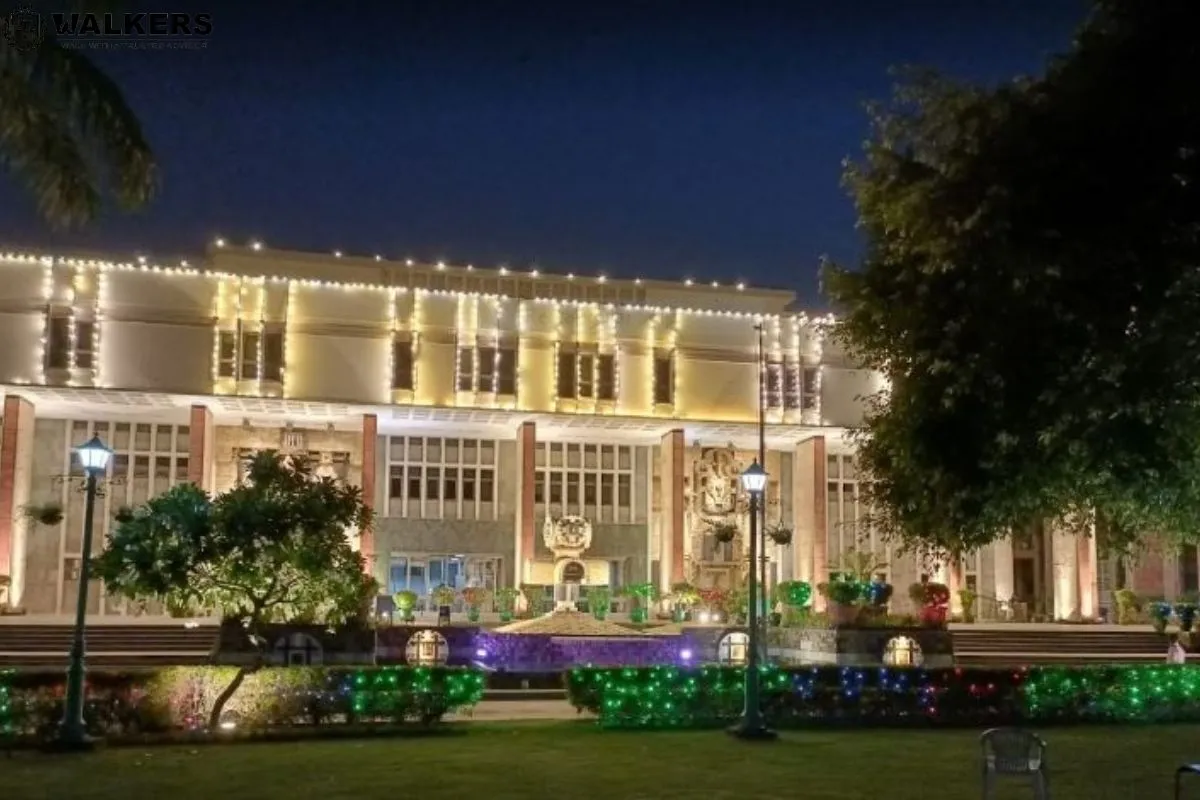


Delhi High Court Allows Foreign Nationals to Practice Law in India, State Bar Councils Lack Debarment Authority
In a significant ruling, the Delhi High Court declared that foreign nationals can be enrolled as advocates in India as long as citizens of India are allowed to practice law in the foreign country they hail from. The judgment, delivered by Justice Yashwant Varma in the case of Daeyoung Jung v. Bar Council of India & Anr, emphasized that the Advocates Act, 1961 does not completely exclude foreign nationals from enrollment. The court noted that the proviso to Section 24(1)(a) of the Advocates Act provides an exception for foreigners who meet the necessary qualifications for enrollment. The judgment further stated that unless a foreign country imposes discriminatory measures or bars Indian citizens from pursuing the legal profession, its nationals are entitled to seek enrollment in India. The court clarified that the Bar Council of India (BCI) and State Bar Councils lack the authority to debar foreign citizens from joining the legal profession if they fulfill the required qualifications. The ruling underscored that the power to identify nations that warrant such debarment lies with the Union Government, and any notification in this regard must be issued under Section 47(1) of the Advocates Act. Consequently, the court directed the BCI to process the application of a Korean national, Daeyoung Jung, who sought enrollment as an advocate with the Bar Council of Delhi (BCD).
Click Here to: Download/View Related File
TAGS: Delhi High Court foreign nationals practice law India State Bar Council debar Advocates Act proviso Section 24(1)(a) enrollment citizens of India qualification discriminatory measures Bar Council of India Central government jurisdiction Korean national National Academy of Legal Studies and Research NALSAR Hyderabad BCD Indian citizenship disciplinary action floodgates foreign lawyers ruling.